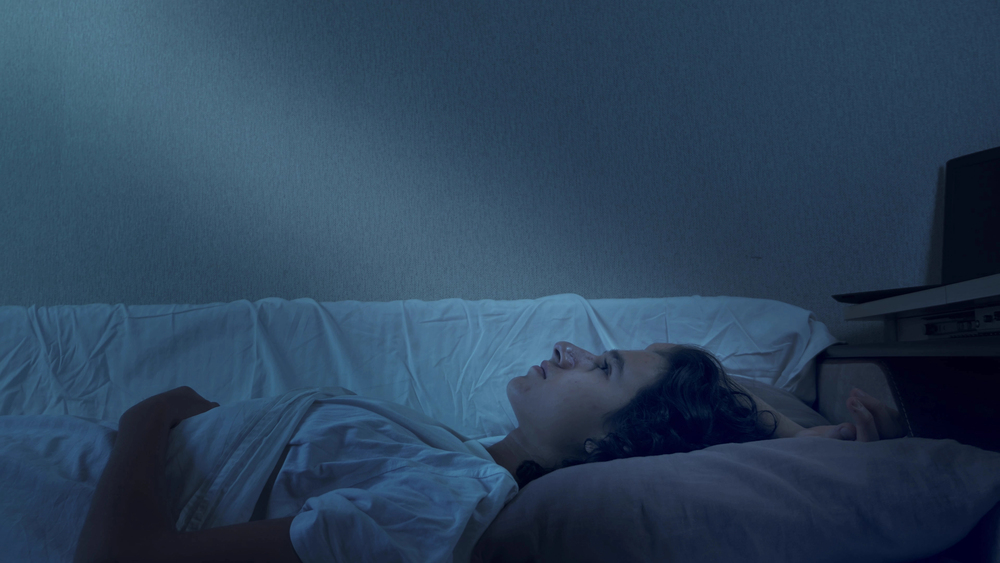A new meta-analysis published in the Journal of the American Academy of Child and Adolescent Psychiatry finds that antidepressants are linked to insomnia in children and adolescents.
Researchers reviewed data from more than 5,000 young people in randomized trials and found that treatment with newer-generation antidepressants was associated with a significant increase in sleep problems.
The study, led by Cagdas Türkmen of the University of Heidelberg in Germany, found no significant difference between selective serotonin reuptake inhibitors (SSRIs) and selective norepinephrine reuptake inhibitors (SNRIs) in terms of the likelihood of insomnia. But risk varied by condition and drug. Young people treated for anxiety disorders were more likely to develop insomnia than those with depression, and sertraline (Zoloft) showed the strongest link.
“The results based on 20 RCTs indicated a 1.65-fold increase in the odds of insomnia in children and adolescents treated with SSRIs or SNRIs compared to those receiving a placebo, suggesting a modest risk of insomnia during the initial 6 to 12 weeks of antidepressant treatment,” the researchers report.
“This corresponds to approximately 6 of 100 pediatric patients experiencing insomnia when receiving antidepressants, as opposed to 4 of 100 when receiving placebo. No significant difference was found between SSRIs and SNRIs with respect to this increased risk of insomnia.”
While these numbers may seem modest at first glance, it’s worth noting that sertraline has long been one of the most commonly prescribed antidepressants, especially to younger service users. In the current work, sertraline is associated with a nearly two-and-a-half-fold increase in the odds of developing treatment-emergent insomnia, which translates to 14 of 100 pediatric service users developing insomnia after exposure to this drug compared to 4 of 100 with a placebo.
The findings add to a growing body of research that raises concerns about both the safety and effectiveness of antidepressants in children and adolescents. While widely prescribed, these drugs remain controversial: the “chemical imbalance” theory that once underpinned their use has been widely discredited, and studies continue to document a range of potential harms.
